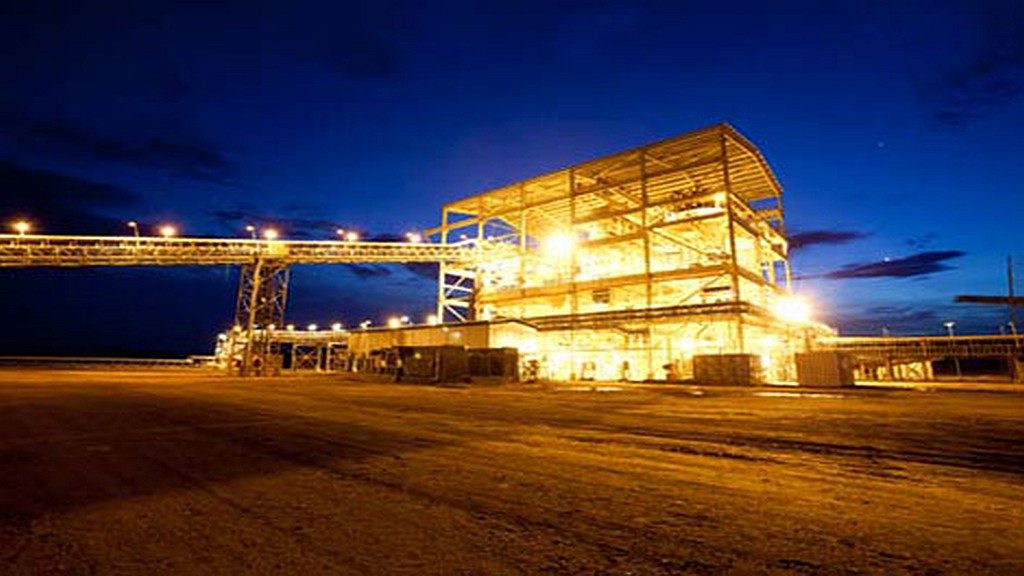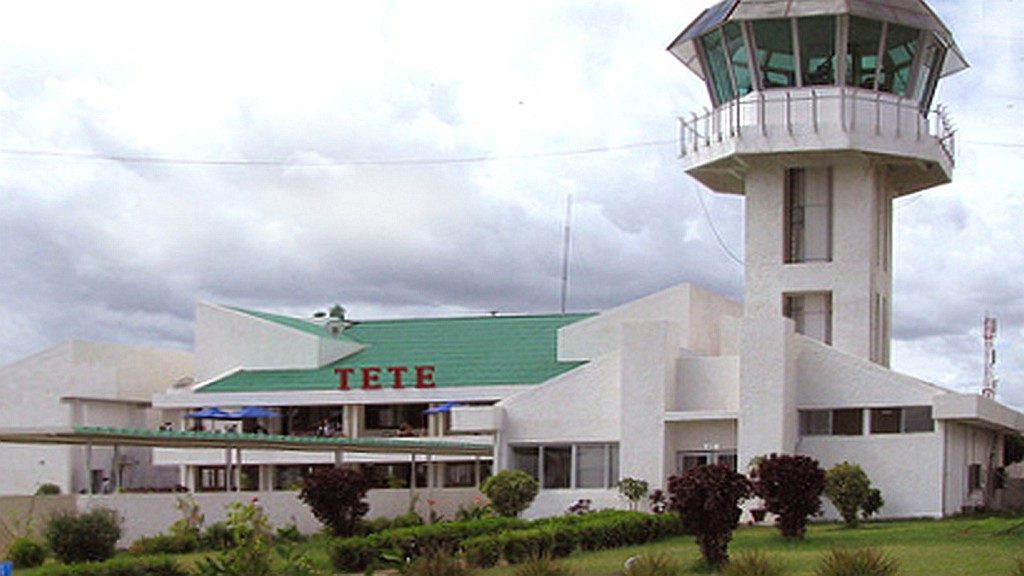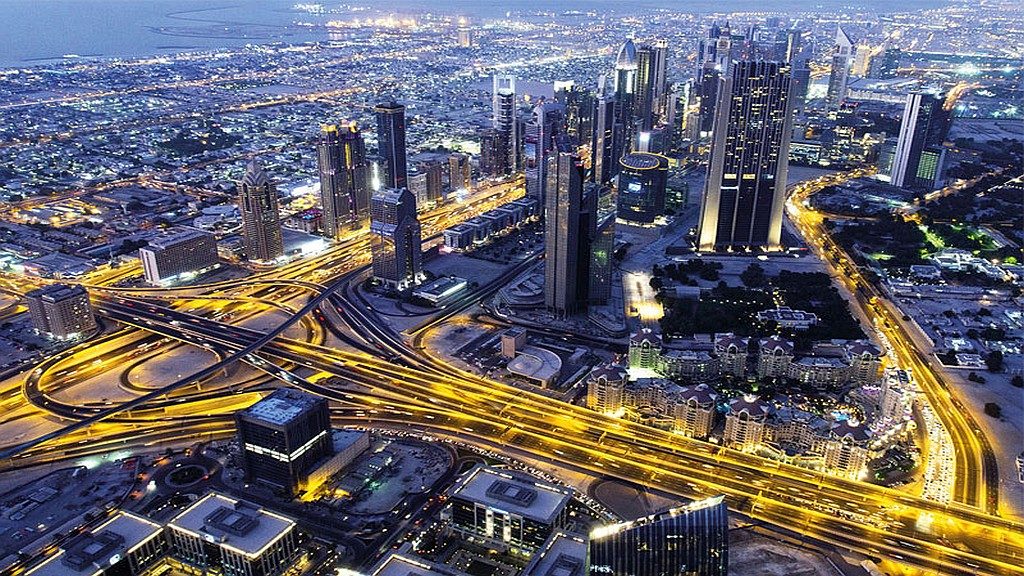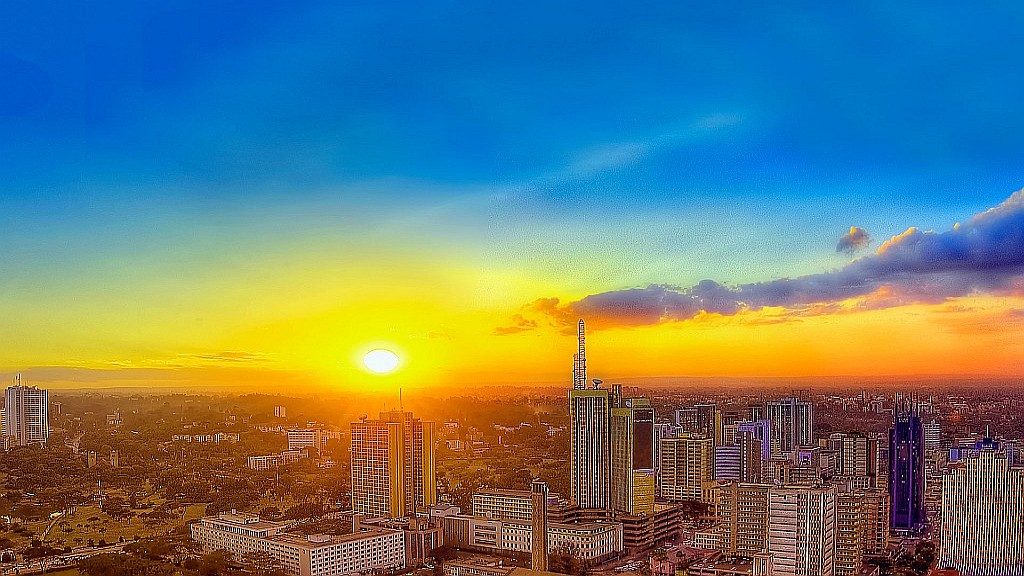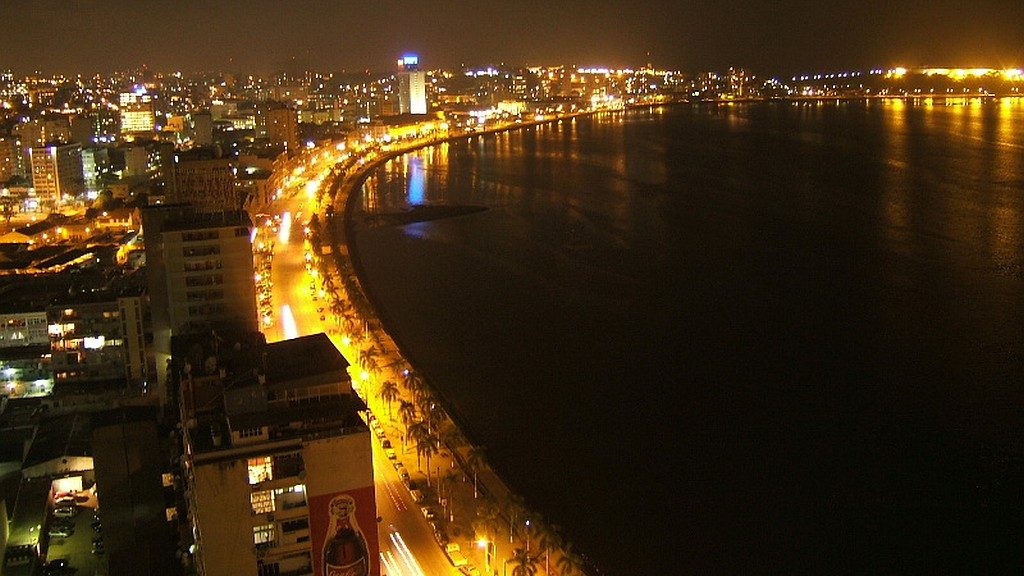The remote town of Tete, situated in the centre-west part of Mozambique, is the heart of the country’s new coal mining industry. The area around the town has some of the world’s richest coal reserves.
Rajat Kohli, Standard Bank’s global head of mining and metals, called it the world’s last substantial untapped coal reserve. “About 100 million tons per annum of coal could be produced within the next five years, and that figure could even go further,” he said at a conference last year.
Mining companies operating in Tete Province’s Moatize basin include Rio Tinto as well as Brazil’s Vale.
The coal mines are linked via rail to the port of Beira. Brazilian mining giant Vale has also announced plans to build a railway line from its Moatize mine to the north-western port of Nacala to export coal.
Tete is booming due to mining activity in the area. However, according to Abrahamse, the town has very few formal supermarkets and hotels, creating significant opportunities for more developments. Carlson Rezidor has announced that it will soon launch its new Park Inn by Radisson hotel in Tete.
 afric-Invest
afric-Invest